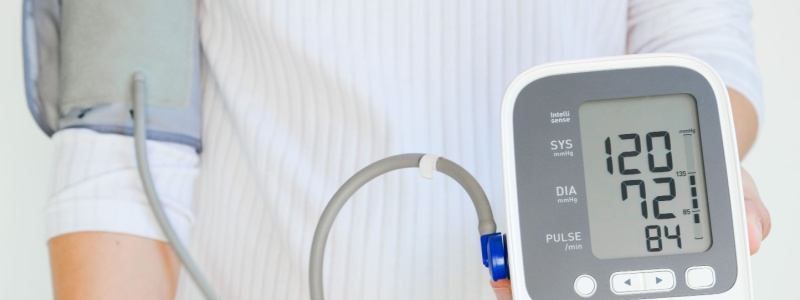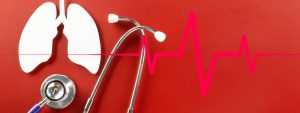Recognising and responding to symptoms of high blood pressure and its complications is crucial for effectively managing and preventing severe health issues. While high blood pressure is often called the “silent killer” because it typically has no symptoms, knowing potential warning signs can help you take action early.
Here are some common symptoms and how to respond:
Severe headache: A sudden, severe headache can signify a hypertensive crisis or a medical emergency. If you experience this, please feel free to seek immediate medical attention.
Chest pain: Chest pain or discomfort can indicate a heart attack or other serious heart condition. Call emergency services right away if you experience chest pain, especially if it is accompanied by shortness of breath, sweating, or nausea.
Shortness of breath: Difficulty breathing can be a sign of heart failure or other severe conditions. If you experience unexplained shortness of breath, please seek medical attention immediately.
Vision changes: Blurred vision or sudden vision loss can be related to high blood pressure affecting the blood vessels in the eyes. Please reach out to your doctor if you notice any changes in your vision.
Dizziness or fainting: Feeling lightheaded or fainting can be a symptom of dangerously high or low blood pressure. If you experience these symptoms, please feel free to seek medical advice immediately.
Numbness or weakness: Sudden numbness or weakness, especially on one side of the body, can signify a stroke. This is a medical emergency, and you should call emergency services immediately.
It’s important to remember that high blood pressure can be present without noticeable symptoms. Regular monitoring and check-ups are essential for detecting and managing hypertension effectively.
Here are some steps to take if you notice symptoms or changes in your health:
Monitor your blood pressure: If you have a home blood pressure monitor, check your readings if you experience symptoms like headache, dizziness, or chest pain. Record the readings and share them with your doctor.
Seek medical advice: If you notice any symptoms of high blood pressure or related complications, contact your doctor or seek emergency medical care. Early intervention can prevent more serious health issues.
Stay informed: Educate yourself about the signs and symptoms of high blood pressure and its complications. Being informed can help you recognise something wrong and take appropriate action.
By recognising and responding to symptoms promptly, you can better manage your blood pressure and reduce your risk of serious health complications. Stay vigilant about your health, and don’t hesitate to seek medical advice if you notice any concerning changes.




